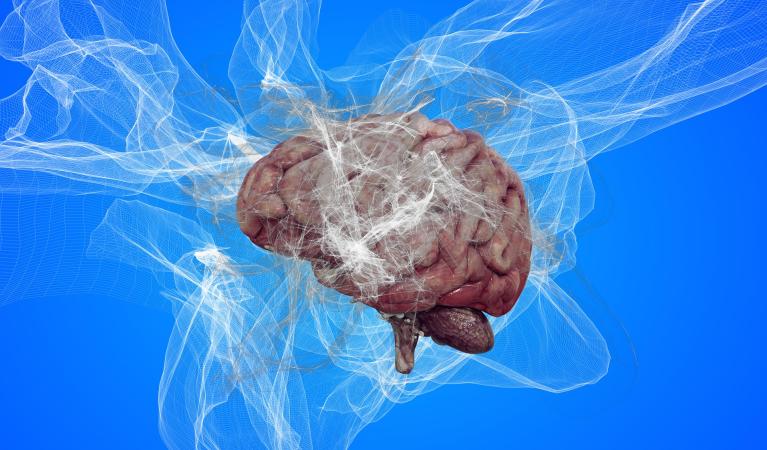27.11.2025
A major genetic risk factor for delirium has been identified in a landmark study that analysed the DNA of more than one million people worldwide.
27.11.2025
Cardiac arrhythmias such as atrial fibrillation can pose a significant health risk or even lead to sudden death. At the same time, the prevention and treatment of these conditions is very difficult. In a study of genetic and medical data sets from over 1 million individuals, the digital health team led by Dr. Henrike Heyne and Julian Wanner at the Hasso Plattner Institute investigated a gene variant called T220I in a sodium channel in the heart, which provides important new insights.
20.11.2025
Depression in young adulthood has a stronger hereditary component and is associated with a higher risk of suicide attempts than depression that begins later in life, according to a new study published in Nature Genetics by researchers at Karolinska Institutet, among others.
13.11.2025
A new Nordic study was the first to investigate the impact of genetic and social factors in shaping educational pathways. The study showed that genes have a small but clearly detectable influence on the choice of field of study.
12.11.2025
FinnGen is proud to welcome Alnylam Pharmaceuticals as its newest industry partner. As the 15th pharmaceutical company to join the public-private partnership, Alnylam brings world-leading expertise in RNA interference (RNAi) therapeutics to the consortium, further enriching the scientific and translational potential of the FinnGen study.
23.9.2025
Results based on the FinnGen data are presented in almost 40 talks or posters during the 2025 Annual Meeting of the American Society of Human Genetics (ASHG) in Boston, October 14-18. We also have a booth so this is a great opportunity to come and meet us!
6.8.2025
A new study has identified genetic variants linked to brain function, immune defence and metabolism that contribute to the development of frailty in older people. The study, published in Nature Aging by researchers from Tampere University & Karolinska Institutet, provides new biological insights into the onset of frailty.
19.6.2025
Join us on September 4, 2025, for an interactive event to explore the future of the Finnish health data ecosystem, current opportunities in research collaboration and the potential to accelerate R&D between the public and private sectors.
26.5.2025
An international study on long Covid, led by the University of Helsinki and drawing on data from more than one million individuals, has pinpointed a genetic factor that predisposes people to prolonged post-coronavirus symptoms such as debilitating fatigue, persistent cough, “brain fog” and blood pressure fluctuations.
5.5.2025
Found in the Finnish population, a rare variant of the TYROBP gene significantly increases the risk of Alzheimer’s disease, a new study led by the University of Eastern Finland shows. This gene variant affects the function of microglia, the cells which regulate inflammation in the brain. The findings further confirm the role of altered inflammatory response and protein stress response in the early stages of Alzheimer’s disease.








